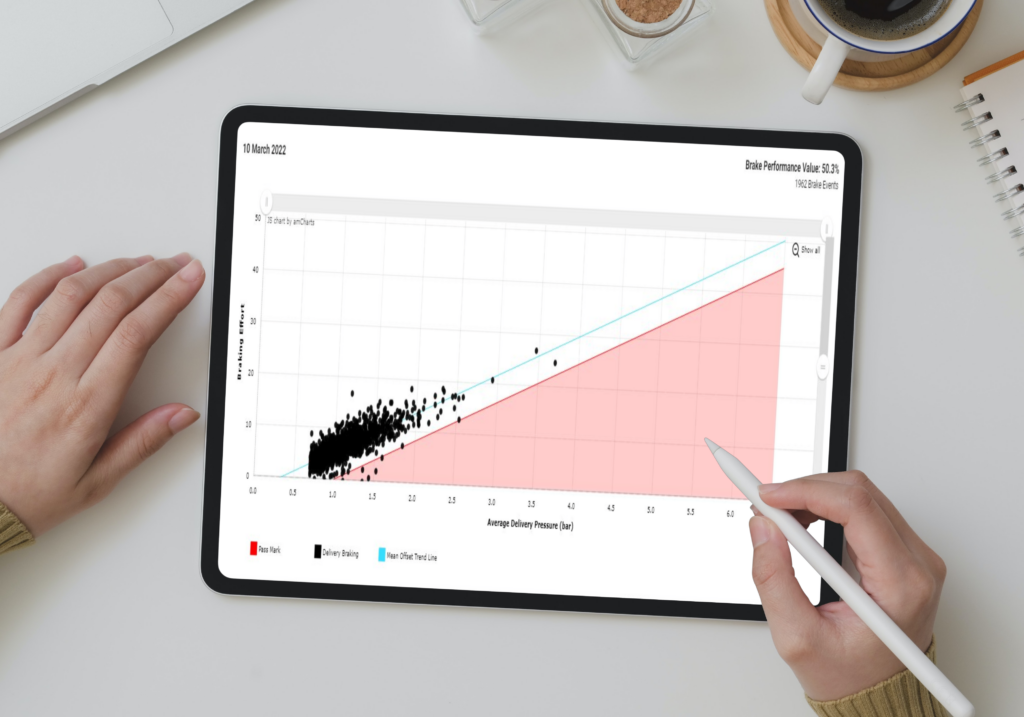Ensuring the smooth movement of goods across the country, the road transportation industry plays a critical role in today’s economy. With safety and compliance being paramount concerns, transport operators face the challenge of managing complex regulatory requirements while maintaining efficient operations. With advancements in technology in recent years, Electronic Brake Performance Monitoring Systems (EBPMS) have emerged as indispensable tools for transport operators to ensure optimal brake performance, enhance safety, and maintain compliance with industry regulations. This article explores the ways in which EBPMS can assist transport operators in managing safety and compliance more efficiently and effectively.

Accurate Brake Performance Monitoring
EBPMS continuously monitors the performance of braking systems in HGV trailers. By measuring key parameters such as brake force, response time, and deceleration rates, EBPMS provides operators with real-time data on the condition and efficiency of their braking systems. This enables proactive maintenance and early detection of potential brake-related issues, allowing operators to take immediate corrective actions before they escalate into safety hazards or non-compliance incidents.
Regulatory Compliance
Transport operators must adhere to strict safety regulations and standards set by the DVSA. EBPMS plays a vital role in ensuring compliance with these regulations. By providing accurate data on brake performance, EBPMS assists operators in meeting specific requirements related to brake effectiveness, stopping distance, and maintenance schedules. This helps operators to stay in line with legal obligations, avoid penalties, and maintain a high level of safety for drivers and other road users.
In the recently updated Guide to Maintaining Roadworthiness it states in section 5.3: ‘’From April 2025 there will be an expectation that a laden roller brake test or EBPMS will be the only accepted methods to assess brake performance’’.
Preventive Maintenance and Cost Savings
Effective brake maintenance is crucial for ensuring optimal performance and extending the lifespan of braking systems. EBPMS facilitates preventive maintenance by providing operators with timely notifications and alerts regarding the condition of brakes and the need for maintenance. By addressing maintenance needs proactively, operators can minimize brake failures, reduce the risk of accidents, and prevent costly emergency repairs. Moreover, EBPMS helps optimise maintenance schedules, ensuring that resources are allocated efficiently, and costs are minimised.
Conclusion
Electronic Brake Performance Monitoring Systems (EBPMS) have become indispensable tools for transport operators seeking to enhance safety and compliance. By providing accurate brake performance monitoring, ensuring regulatory compliance and facilitating preventive maintenance, EBPMS plays a pivotal role in managing safety and compliance effectively. As the transportation industry continues to evolve, embracing EBPMS becomes crucial for transport operators aiming to optimise their braking systems, mitigate risks, and prioritise the safety of their operations.